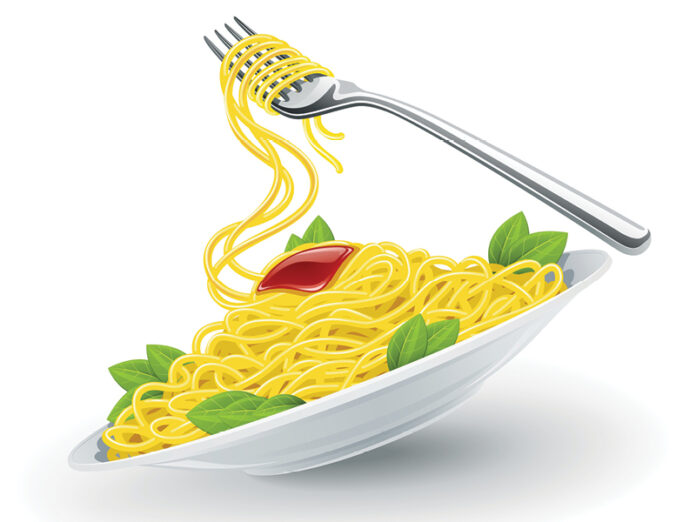
Many of us can identify with the term emotional eating. For most people, food is our primary source of instant happiness.
We use food as a drug. We know it’s a quick ticket to dive right into a temporary and superficial state of happiness without having to explore other areas of our lives that bring us that same joy. It feels good when we think about eating, the process of picking up food, putting it in our mouths, chewing and tasting the flavours. Then we feel guilty.
We don’t honour our primal needs — to eat when we are hungry, stop when we are full and listen to what our body is asking for. It seems simple. However with the help of the weight-loss industry and our own imaginations, we’ve distorted this process. There is one simple and effective question we should ask ourselves that will open up our awareness around food.
“Am I Hungry?”
After coaching and mentoring thousands of people, this is one of the best tools I can share. People have had complete breakthroughs and turnarounds by simply checking in with their body and asking if they are actually hungry. If the answer is yes, then consciously indulge.
If the answer is no, then carefully listen. We trust our bodies to perform miraculous tasks on a day-to-day basis. We trust our bodies to heal, breathe, grow, age and transform — however we struggle with the simple notion of just eating when we feel hungry and stopping when we are full.
Athletes experience constant pressure to change their bodies to improve athletic performance. Ballet dancers and marathon runners alike, the shape and weight of our body is critical. It’s the pivotal difference between a gold medal and no one knowing your name. Naturally, the stress of perfection and excellence can be translated into obsessing and over-analyzing every calorie consumed and every calorie burned.
The psychological stress of perfection is a breeding ground for developing eating disorders and body image issues — even within athletes whose physiques most observers would marvel at. Emotional eating patterns occur in athletes after months of intense training, after restrictive diets and following a regimented plan. When there is no goal in mind and no plan to follow, falling into a vicious emotional eating cycle is common.
Tuning in to your body, listening to its calls and honouring the need for nourishment is crucial. Our bodies are intelligent, far more than our minds. We need to bring awareness to the body, especially when vigorously training for the next big event.
Being hyper-focussed on the goal without providing the body its primal needs is a recipe for developing disorders and dysfunctional eating patterns. Everybody is different; there is no cookie cutter system that caters to bringing out the highest level of performance in each athlete.
It’s about testing, releasing and adding. When you are training, try eliminating certain foods, try introducing new ones to see how you feel and how your body responds. Monitor what works best for you. Don’t fall a fool to the idea that there is one miracle way of nourishing and energizing the body. Despite what the marketing campaigns say, we are all extremely different and respond differently to each meal plan. Take the time to figure out what your body is calling for and honour it accordingly. That will take your performance to the next level.













